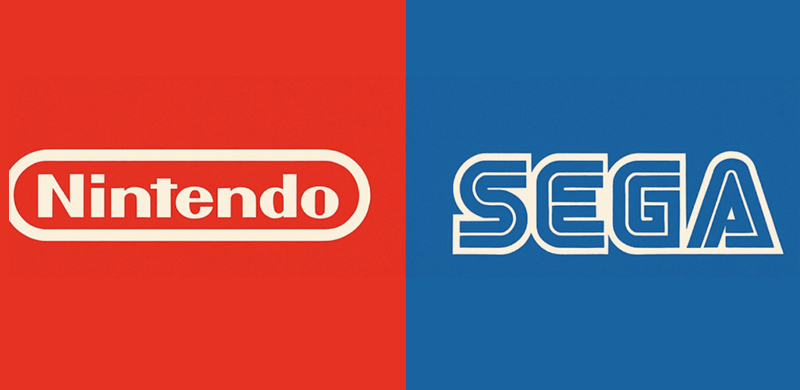
The corporate battle between Nintendo and Sega defined modern entertainment. The management of the fortunes that battle created, however, is a less public – and more divergent – story of legacy and transition.
The ‘console wars’ of the 1980s and 90s between Nintendo and Sega are a legendary chapter in business history. While the corporate strategies are well-documented, the pathways of the vast private wealth generated for their key stakeholders are less visible.
An examination reveals two starkly different models: one of enduring, discreet family stewardship and another where corporate salvation severed the direct link to a founding fortune.
Nintendo: The Discreet Stewardship of the Yamauchi Fortune
Nintendo’s transformation from a 1889 playing card company to a global entertainment leader was orchestrated by its visionary and long-serving president, Hiroshi Yamauchi, the great-grandson of the founder. His leadership created immense shareholder value and a significant personal fortune, at one point making him Japan’s wealthiest person.
The management of the Yamauchi family’s wealth is handled with notable privacy. The primary vehicle is a family office, Yamauchi No. 10 Family Office LLC. Publicly available information confirms its existence and its mission to manage the assets
of the Yamauchi family, but specific details regarding its name’s origin, investment strategies, and assets under management are not publicly disclosed.
Upon his death in 2013, Hiroshi Yamauchi’s will revealed a significant philanthropic intention. Japanese media reported that the majority of his estate was bequeathed to a charitable trust.
While the exact structure is private, this act indicates a strategic approach to legacy and wealth transfer, focusing on long-term stability and philanthropy rather than solely on private enrichment. The family remains a significant shareholder in Nintendo Co Ltd through various holdings, anchoring their fortune to the company’s continued performance.
Sega: From Corporate Ownership to a Saved Legacy
Sega’s origins are more complex and less tied to a single family dynasty. Founded as Standard Games in Hawaii in 1940 by American businessmen Martin Bromley and Richard Stewart, it was a distributor of coin-operated amusements. After moving to Japan, it was renamed Service Games (SEGA). The company underwent several ownership changes, including a period under the American conglomerate Gulf & Western Industries.
A pivotal shift occurred in 1984 when investors, including CEO David Rosen and Japanese businessman Isao Okawa, purchased Sega’s Japanese assets. Okawa, through his company CSK Holdings, became Sega’s largest shareholder and chairman. Therefore, the Okawa fortune was not that of a traditional ‘founding family’ but of a majority stakeholder who acquired his position.
Okawa’s role culminated in a decisive act. As Sega faced severe financial distress and its exit from the hardware market in 2001, Okawa forgave the company’s massive debt to CSK, reported to be approximately $695 million.
Furthermore, he returned his sizable stake in Sega – estimated at 22% – to the company before his death to aid its survival and restructuring. This
transfer of assets was a critical factor in allowing Sega to stabilize and transition into its current role as a successful third-party game developer.
This action effectively dissolved the direct link between the corporate entity of Sega and the private fortune of its primary stakeholder. The original American founders’ connection to the company had ended decades prior with its various sales.
A Corporate Rivalry, Not a Family Feud
Documented interactions between the private wealth entities of the Yamauchi and Okawa families are nonexistent. The rivalry was purely corporate, playing out between the management of Nintendo Co Ltd and Sega Enterprises, Ltd. Hiroshi Yamauchi and Isao Okawa interacted as opposing executives and board members.
The most significant indirect interaction was Okawa’s final financial maneuver. By providing Sega with the capital to survive as a software company, he ensured Nintendo would retain a major competitor
and eventual partner, a move that ultimately benefited the broader video game ecosystem.
Preservation Versus Transition
The private wealth stories of Nintendo and Sega highlight divergent paths.
The Yamauchi family exemplifies a model of discreet, multigenerational wealth management, maintaining a deep, long-term connection to the company that created its fortune.
In contrast, Sega’s story is one of corporate transition, where the critical intervention of a major stakeholder – forgiving debt and returning equity – secured the company’s future while formally separating it from his private estate.
One model focuses on the preservation of a family legacy; the other on the salvation of a corporate legacy. Both were decisive in shaping the gaming landscape we know today.
